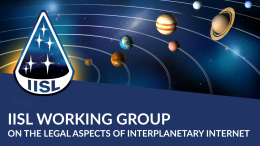Advances in technology increasingly empowered citizens to become active seekers and even co-producers of e-government information and services rather than being only passive recipients. Citizens’ interactions with each other reached such a point that they could contribute to the quality and quantity of e-government services. Examples of this citizen-to-citizen (C2C) interactions adding value to current e-government services or triggering new and innovative ones are increasingly observed worldwide. Although C2C interactions is not a new phenomenon, it is a relatively overlooked topic in e-government studies. Current e-government literature is insufficient in exploring and explaining the evolving nature, increasing occurrence, and various outcomes of these interactions. This article aims to fill the gap in the e-government literature by analyzing C2C interactions in detail and discusses how to regulate the C2C interaction processes and their useful and harmful outcomes.
When C2C interactions get integrated into government activities and form e-government value chains (as in C2C2G or G4C2C), they contribute to the electronic provision of government information or services. C2C interactions also create beneficial (advantages of C2C) and harmful (disadvantages of C2C) outcomes. The main advantages of C2C interactions are their support for governments in making decisions, solving problems, and improving public services. Their main disadvantages are distributing misinterpreted or manipulative information, causing uncertainty, and even digital vigilantism. The article ends with suggestions for future research, such as different scenarios of government regulation for C2C interactions.
If you require more information about this event, please email us: egov@unu.edu.





